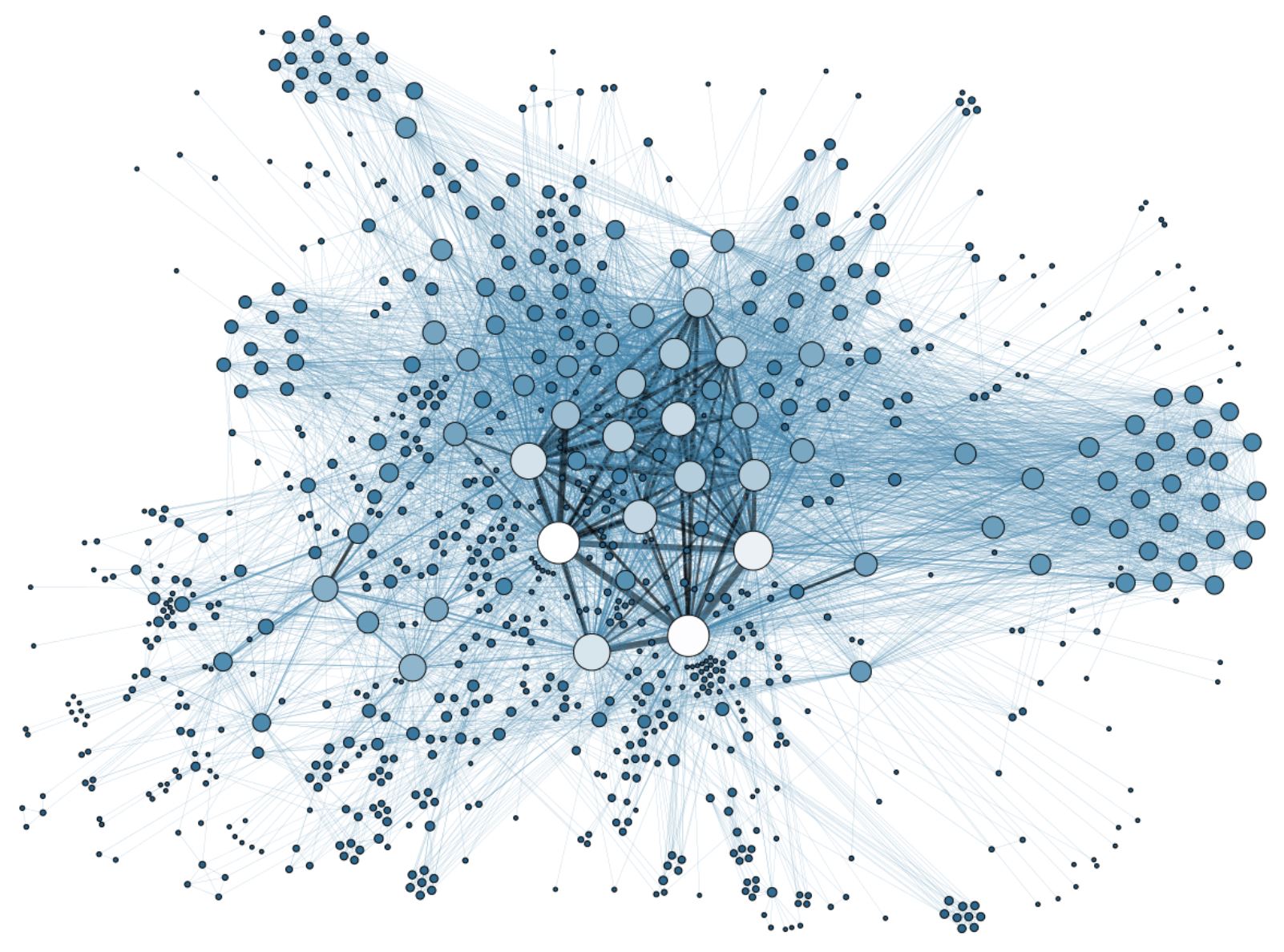Michael S. Dauber, MA
According to a story by Catherine Caruso published in STAT News this week, authorities at the International Association of Athletics Federations (IAAF) are getting set to debate whether or not women with hyperandrogenism, or higher-than-expected testosterone levels, should be restricted from competing against women with “normal” or “expected” levels. The debate over the IAAF rules began in 2011, when a rule was first created to prevent women with high testosterone levels competing because of the belief that their hormone levels gave them an unfair advantage. The rule was challenged in 2015, and the IAAF was given two years to provide further justification for its position.
As Caruso writes, the main focus of the current controversy is the legal case of Dutee Chand, an Indian athlete whose testosterone levels exceed “the 10 nanomoles per liter limit, the level deemed to be the lower end of the ‘male range,’” i.e., the amount of testosterone in the blood typically exhibited by male athletes. Testosterone is widely considered a hormone that assists in athletic performance, given that it increases the rate of muscle development and bone mass, among other traits. The idea behind the IAAF’s position is that “unnaturally” high levels of testosterone that exceed levels typical of one’s gender would give such athletes an unfair advantage over other competitiors. Insofar as the IAAF is concerned with creating the fairest competition possible, the presence of elevated testosterone levels in a select group of athletes, like Chand, presents a serious problem.
The problem with the IAAF’s position, however, is that it overlooks one of the central nuances of sporting ethics. It is true that sporting events are supposed to be fair in a wide sense: we would not consider the competition just if one athlete took some action that made it impossible for other athletes to win. This is why athletes are given certain rules to which they must conform. In basketball, for example, one is forbidden from reaching out and grabbing the opposing player’s arm to prevent them from dribbling; in hockey, players are forbidden from tripping each other; and soccer players cannot decide to randomly touch the ball with their hands (unless, of course, they are a goalie).
Read More »Guest Post: Track Authorities Are Wrong To Ban Women With Naturally High Testosterone levels


